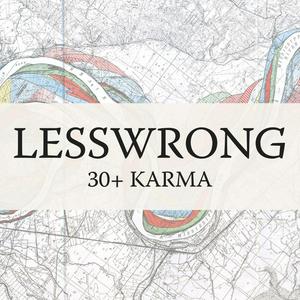1.
It occurred to me that if I could invent a machine—a gun—which could by its rapidity of fire, enable one man to do as much battle duty as a hundred, that it would, to a large extent supersede the necessity of large armies, and consequently, exposure to battle and disease [would] be greatly diminished.
Richard Gatling (1861)
2.
In 1923, Hermann Oberth published The Rocket to Planetary Spaces, later expanded as Ways to Space Travel. This showed that it was possible to build machines that could leave Earth's atmosphere and reach orbit. He described the general principles of multiple-stage liquid-fueled rockets, solar sails, and even ion drives. He proposed sending humans into space, building space stations and satellites, and travelling to other planets.
The idea of space travel became popular in Germany. Swept up by these ideas, in 1927, Johannes Winkler, Max Valier, and Willy Ley formed the Verein für Raumschiffahrt (VfR) (Society for Space Travel) in Breslau (now Wrocław, Poland). This group rapidly grew to several hundred members. Several participated as advisors of Fritz Lang's The Woman in the Moon, and the VfR even began publishing their own journal.
In 1930, the VfR was granted permission to [...]
---
Outline:
(00:09) 1.
(00:36) 2.
(03:55) 3.
(06:09) 4.
(10:33) 5.
(11:41) 6.
---
First published:
March 4th, 2026
Source:
https://www.lesswrong.com/posts/TjcvjwaDsuea8bmbR/maybe-there-s-a-pattern-here
---
Narrated by TYPE III AUDIO.
---
Images from the article:
Apple Podcasts and Spotify do not show images in the episode description. Try Pocket Casts, or another podcast app.


